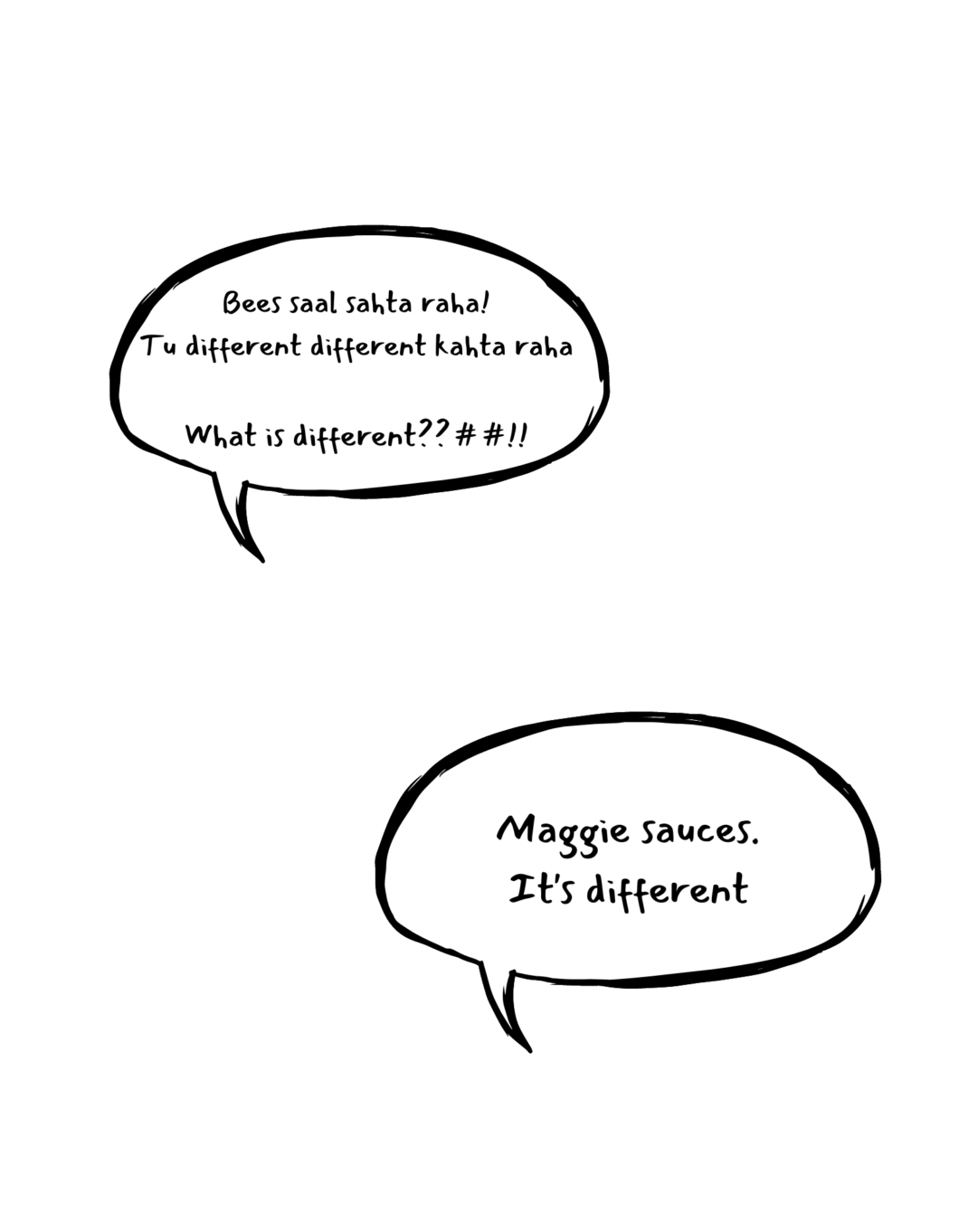Aren’t there a sizeable number of you who remember these lines from the famous Javed Jaffrey ad in the mid-80’s? Maybe you need to take the help of YouTube to jog your memory? 🤔
Similarly, OET is as “different” from IELTS as chalk is from cheese. The only similarity that these two exams share is that both are English proficiency tests, and both evaluate a candidate’s skill in 4 aspects of the English language – Listening, Reading, Writing, and Speaking. Beyond this rather elementary point, there are miles of uncharted territory that one has to conquer over time through sustained practice.
OET is primarily aimed at healthcare professionals. Consider the passages that are given in OET Reading. What about the doctor-patient conversations in OET Listening? What are your comments about the Discharge Letter, the Transfer Letter, or the Referral Letter that you are asked to compose in the Writing module? In a similar vein, in OET Speaking too, we have the 1–1 interview that is conducted in the beginning, and the Patient-Nurse role plays that follow. Thus, everything here is situated in a medical environment. And why not? After all, OET is – or should be – only for those who are in this field of work.
Even so, that doesn’t give them any advantage over others. The OET candidate may not read historical, sociological, literary, or scientific and technological passages. But he has to communicate too. And you will be surprised how poor some of them are in that respect. It seems, in order to communicate effectively, familiarity with medical terminology alone is not enough.
IELTS also measures the communicative skills of a non-native English speaker. It is more “general” in nature. Candidates from all streams and professions can sit for it. IELTS has been around for years, and perhaps because of it, the test enjoys a much wider acceptability than OET.
You shouldn’t bother unnecessarily about whether to take IELTS or OET. If you are a healthcare professional, choose either. If you are not one, maybe the IELTS is a safer and better option. The difficulty level of all tests for a specific CEFR (Common European Framework of Reference) level remains the same. But you may find certain modules easier in one test than in the other. That difference will vary from one person to another.
“Different” toh different hota hai.
Cheers!
